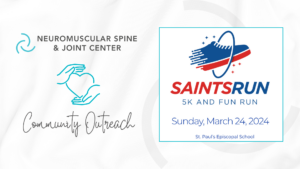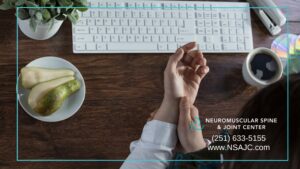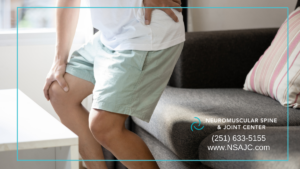Introduction
Long-acting opiates relieve moderate to severe long-term pain. They are also called extended-release opiates. Opiates relieve pain by changing the way your body feels pain. They don’t cure a health problem. They help you manage the pain.
If you take a lot of short-acting pain medicine, your doctor may give you long-acting opiates. They help you avoid the ups and downs in pain relief that you may have with short-acting medicine.
Opiates are powerful. When taken on schedule and as your doctor prescribes, they work well and are safe. But even with proper use, opiates can cause tolerance and overdose, physical dependence, addiction, or death.
Examples
- Fentanyl patch (Duragesic)
- Methadone (Dolophine)
- Morphine (Kadian)
- Oxycodone controlled-release (OxyContin)
Safety tips
To avoid taking too much (overdose):
- Take your medicines exactly as prescribed. Do not take extra doses. Even one extra dose can be dangerous. Taking too much of these medicines can cause death.
- Call your doctor if you miss a dose of your medicine and aren’t sure what to do. Do not double your dose.
- Do not break, crush, or chew a pill. Do not cut or tear a patch.
To use these medicines safely:
- Call your doctor if you think you are having a problem with your medicine. You will get more details on the specific medicines your doctor prescribes.
- Do not drink alcohol or take illegal drugs.
- Do not drive or operate machinery until you can think clearly. Opiates may affect your judgment and decision making. Talk with your doctor about when it is safe to drive.
- Keep your medicine in a safe and secure place. Keep it away from children and pets.
- Check with your doctor or pharmacist before you use any other medicines. This includes over-the-counter medicines.
- Make sure your doctor knows all of the medicines, vitamins, herbal products, and supplements you take.
- Do not take opiates with other medicines that make you sleepy or relaxed. Taking both can be dangerous.
- Talk to your doctor about a naloxone rescue kit. A kit can help you, and even save your life, if you take too much of an opiate.
Possible side effects
All medicines have side effects. But many people don’t feel the side effects, or they are able to deal with them. You may:
- Feel confused or have a hard time thinking clearly.
- Be constipated.
- Feel faint, dizzy, or lightheaded.
- Feel drowsy.
- Feel sick to your stomach or vomit.
- Have an allergic reaction.
What to know about taking this medicine
- When you take an opiate regularly, your body gets used to it. This can lead to tolerance and physical dependence. These are not the same as addiction.
- Tolerance means that, over time, you may need to take more of the drug to keep getting the same amount of pain relief. The danger is that tolerance greatly increases your risk of overdose, breathing emergencies, and death.
- If you are physically dependent on an opiate, you may have withdrawal symptoms when you stop taking it. These include nausea, sweating, chills, diarrhea, and shaking. You can avoid these symptoms if you gradually stop taking the opiate over a set period of time. Your doctor can help you.
- Addiction is a chronic illness that makes you crave a substance, such as a drug or alcohol. When you are addicted to a substance, you have a hard time stopping yourself from using it even when you can see it causes harm.
- You have a small risk of addiction when you take opiates. Your risk is greater if you have a history of substance use problems. Others who are more at risk for addiction are teenagers, older adults, people who have depression, and those who take high doses of medicine.
- Ask for written instructions from your doctor or pharmacist about how to safely get rid of any medicine that’s left over.
- Call your doctor if the dose you are taking doesn’t control your pain.
Care instructions adapted under license by Neuromuscular Spine & Joint Center. This care instruction is for use with your licensed healthcare professional. If you have questions about a medical condition or this instruction, always ask your healthcare professional. Kopp Medical LLC, DBA Neurmomuscular Spine & Joint Center disclaims any warranty or liability for your use of this information.





